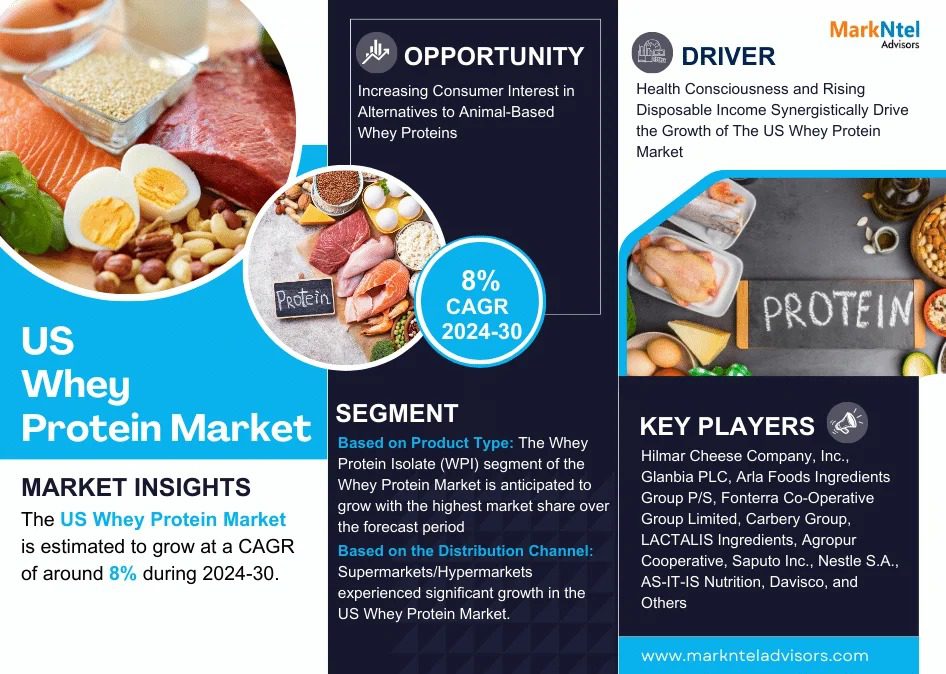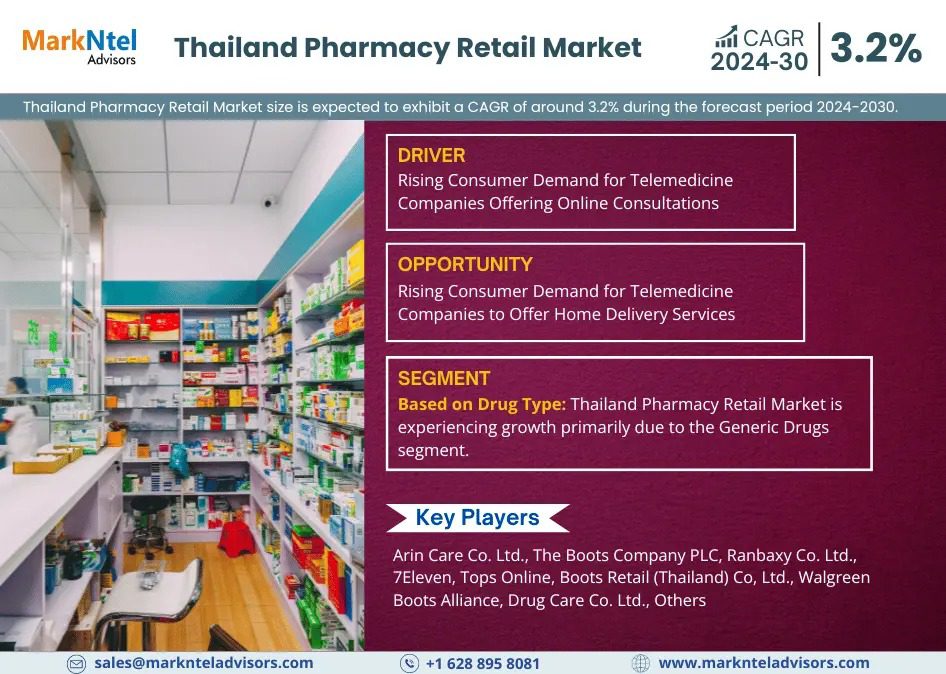
In the fast-paced world of recruitment, hiring high-quality talent quickly and efficiently is a constant challenge. Traditional interviewing methods often fail to keep up with the demands of modern organizations, leading to longer hiring cycles, resource exhaustion, and inconsistent candidate evaluations. To address these issues, companies are increasingly turning to an interview as a service platform—a scalable, technology-driven solution that streamlines the entire interviewing process.
An interview as a service platform enables businesses to outsource candidate interviews to expert professionals or use structured systems that conduct, record, and evaluate interviews using pre-defined rubrics. This innovative approach ensures speed, accuracy, fairness, and scalability in hiring, making it an essential part of modern talent acquisition strategies.
What is an Interview as a Service Platform?
An interview as a service platform is a cloud-based or integrated recruitment solution that offers end-to-end management of candidate interviews. These platforms allow employers to schedule, conduct, assess, and report interviews—usually through a mix of live video calls, real-time coding environments, automated assessments, and human evaluators.
These platforms typically feature:
- A panel of domain experts or trained interviewers
- Integration with Applicant Tracking Systems (ATS)
- Role-specific templates and evaluation rubrics
- Interview recording and playback functionality
- Instant, structured feedback and analytics
Whether you are a startup hiring your first developer or a large enterprise building global teams, an interview as a service platform provides a reliable, consistent, and efficient way to manage technical and non-technical interviews.
Why Companies Are Choosing Interview Platforms
The rise of remote work, hybrid teams, and global hiring has drastically changed recruitment needs. Interviewing today must be agile, scalable, and data-driven. Here’s why businesses are embracing interview platforms:
1. Reduces Hiring Time
Traditional hiring methods often involve multiple internal rounds with stretched timelines. Interview platforms offer pre-scheduled slots and rapid assessments, drastically reducing time-to-hire.
2. Ensures Consistency
With structured formats and scoring rubrics, these platforms ensure each candidate is evaluated using the same criteria, promoting fairness and standardization.
3. Scales Seamlessly
As hiring volumes increase, internal teams may struggle to keep up. An interview as a service platform can easily handle high-volume recruitment without compromising on quality.
4. Expert-Led Assessments
Many platforms provide access to experienced professionals from leading industries who are trained to conduct domain-specific interviews.
5. Improves Candidate Experience
Prompt scheduling, transparency, and structured feedback result in a smoother candidate journey—critical for maintaining a strong employer brand.
Features of Leading Interview as a Service Platforms
A good interview as a service platform is more than just video calls—it’s a full-stack solution designed to modernize hiring. Common features include:
- Real-Time Coding Environments: Platforms like HackerRank and Codility offer live coding sessions for technical evaluations.
- Behavioral and Competency-Based Templates: Pre-built templates for HR, sales, product, and leadership roles ensure comprehensive assessments.
- Interview Recording and Playback: Sessions are recorded so hiring managers can review or conduct panel evaluations later.
- Structured Feedback Reports: Interviewers submit detailed reports with candidate scores, pros/cons, and recommendations.
- ATS and HRMS Integration: Platforms often integrate with systems like Greenhouse, Lever, and Zoho Recruit for smooth data flow.
- 24/7 Global Scheduling: Ideal for international hiring or distributed teams.
These platforms also support internal tools to Interview evaluation, helping hiring managers make decisions backed by data and feedback rather than gut instincts.
Top Interview as a Service Platforms
Here are some of the most trusted and widely-used platforms in the space:
1. FloCareer
FloCareer offers live video interviews conducted by trained industry experts. The platform provides services for both technical and non-technical roles and includes features like video archiving, real-time feedback, and structured interview scorecards.
2. InterviewVector
Popular in India and Southeast Asia, InterviewVector provides a network of skilled interviewers who conduct assessments based on job role, level, and industry. Known for their customizable interview formats and rapid turnaround times.
3. Karat
A global leader in the interview outsourcing domain, Karat specializes in technical interviews. It offers professional interviewers (called Interview Engineers) and detailed reports that help employers make fast, confident hiring decisions.
4. iMocha
This AI-powered platform offers a wide range of technical assessments, cognitive tests, and live interview tools. It is ideal for companies looking for a hybrid of automated testing and live evaluations.
5. HireVue
One of the early pioneers in digital interviewing, HireVue provides AI-driven video interviews and candidate scoring systems. It is popular among large enterprises hiring at scale.
6. Talview
Talview’s comprehensive hiring suite includes asynchronous interviews, automated proctoring, and behavioral insights, making it suitable for both volume hiring and remote onboarding.
Each platform offers its unique strengths, and the best choice depends on your specific hiring goals, role types, and organizational scale.
Best Practices for Using Interview as a Service Platforms
To maximize the benefits of using an interview as a service platform, companies should adopt certain best practices:
- Define Clear Role Requirements: Share detailed job descriptions and skill expectations with the interview platform so assessments align with your hiring goals.
- Customize Interview Templates: Use or develop interview templates tailored to the role’s seniority and skillset.
- Train Internal Stakeholders: HR and hiring managers should understand the platform’s features and workflows to make the most of the reports and tools.
- Review Feedback Regularly: Consistently monitor the feedback provided by interviewers and compare it with final hiring outcomes for accuracy.
- Maintain Candidate Communication: Keep candidates informed about the process to ensure a positive experience and reduce drop-offs.
Future of Interview Platforms
As technology continues to evolve, interview platforms are becoming more intelligent and predictive. Some future trends include:
- AI-Powered Insights: Platforms are using natural language processing and sentiment analysis to score interviews.
- Automated Interview Scheduling: Bots and smart assistants are handling scheduling and reminders for candidates and interviewers.
- Behavioral Analytics: Advanced tools analyze tone, eye contact, and body language to assess confidence and communication skills.
- Diversity Metrics: Real-time dashboards are helping companies monitor diversity in candidate pipelines and hiring outcomes.
These innovations are positioning interview as a service platform offerings as not just functional tools, but strategic enablers of talent acquisition success.
Conclusion
In an era where talent is the most valuable resource, optimizing your interview process is crucial to staying ahead. An interview as a service platform enables companies to hire better, faster, and more fairly by combining the power of expert evaluation, technology, and data.
Whether you’re a small business scaling up or a large enterprise managing global recruitment, adopting an interview platform is a smart step toward modernizing your hiring strategy. With structured interviews, faster turnaround, and better hiring decisions, these platforms are shaping the future of recruitment—one interview at a time.







